6 ways Tesla is promising to change the world next year, ranked in order of their actual likelihood
From electric trucks to humanoid robots, Tesla is dreaming big
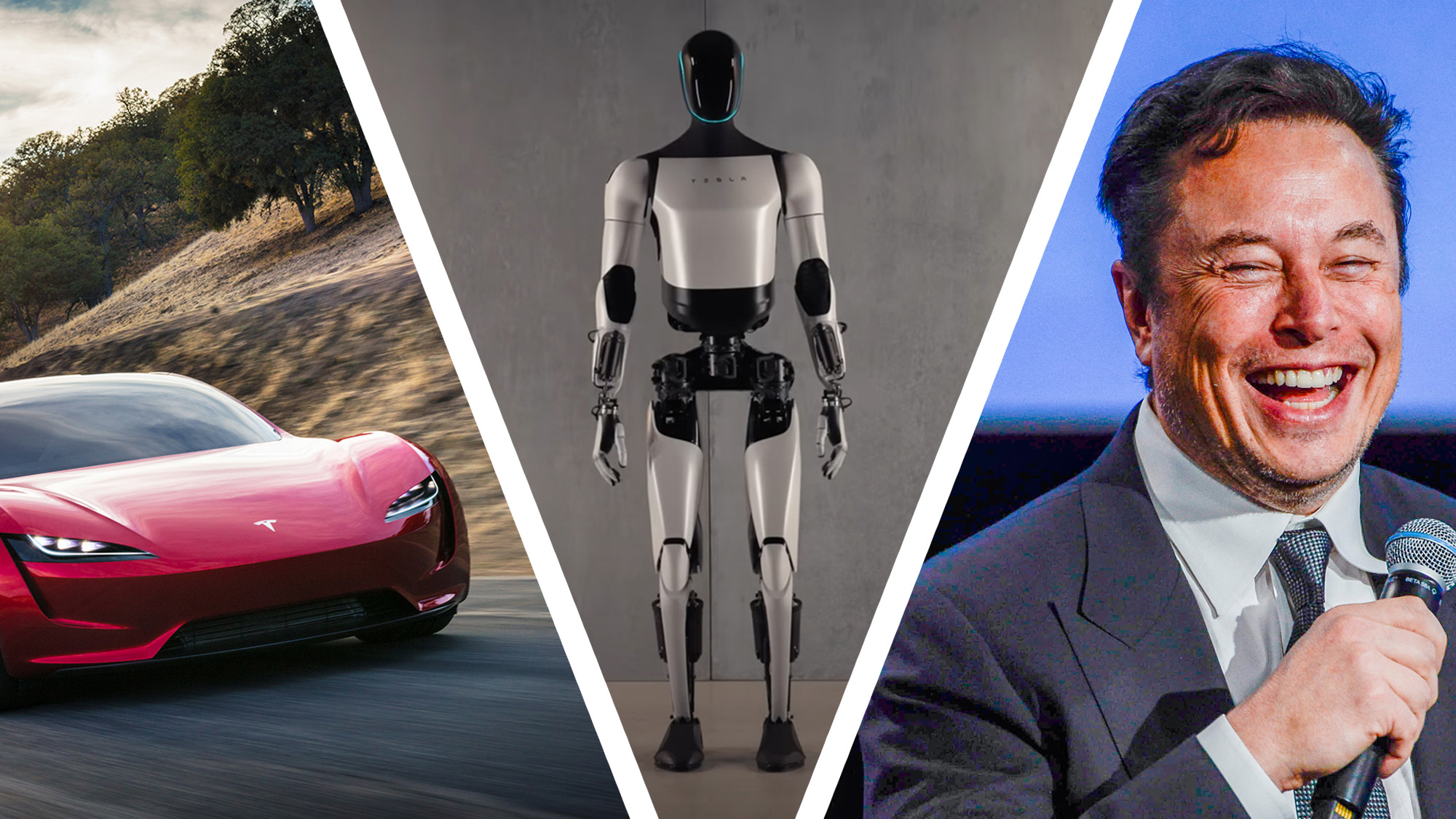
Elon Musk held Tesla’s second quarterly earnings call of 2024 earlier this week, where he delivered the news to investors that net income had fallen by 45 per cent and that its deliveries of electric vehicles had decreased, according to The Financial Times.
As a result, Tesla’s share price tumbled 10 per cent when trading opened on Wednesday, but CEO Elon Musk brushed the bad news aside and used the platform to talk up some big future plans.
Although the reveal of Tesla's Robotaxi project is now officially delayed until October (we were expecting to see it in August), Musk said that turning his vehicles into a "giant autonomous fleet" would turn the company's financial situation around, suggesting it could increase its current valuation six times over.
But that wasn’t all, as Elon went on to divulge big plans for 2025 and beyond. Here’s what he promised, and the likelihood of it actually materializing.
6. Autonomous vehicles
- Likelihood rating: 1/5
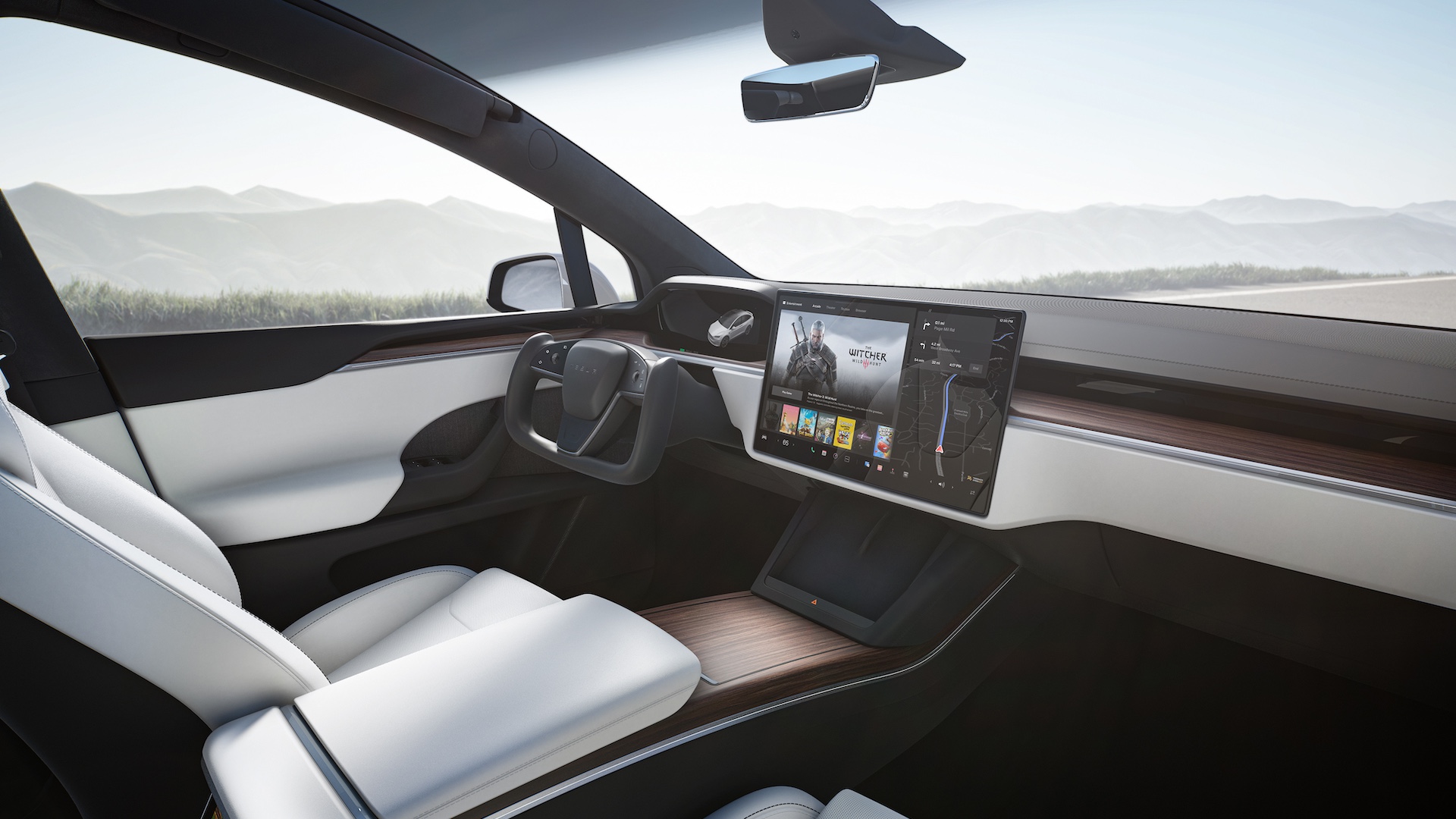
Musk is pushing his Full Self-Driving technology hard at the moment, betting much of Tesla’s future on the fact that we will all be kicking back while our vehicles do all of the hard work in the coming years.
Musk has used the phrase “by the end of the year” every year since 2019 with regards to achieving true self-driving and didn’t break with tradition during the recent earnings call.
Currently, its FSD software requires the driver to pay attention at all times and be ready to take over, which means it is little more than an accomplished cruise control system. Musk said he would be "surprised" if Tesla doesn’t have unsupervised self-driving next year.
Get daily insight, inspiration and deals in your inbox
Sign up for breaking news, reviews, opinion, top tech deals, and more.
Although fully autonomous vehicles and robo-taxis are currently being put to work in certain parts of the word, they are still heavily monitored and are only permitted to operate in very strict geo-fenced locations.
Similarly, those passenger vehicles that allow for "hands-off, eyes-off" driving are again limited to a very strict set of criteria – typically when crawling in highway traffic.
Sure, Tesla might be able to convince legislators to allow some level of autonomy, but fully “unsupervised” autonomous driving in passenger cars is still a long way off… for everyone.
5. Optimus Robot
- Likelihood rating: 2/5
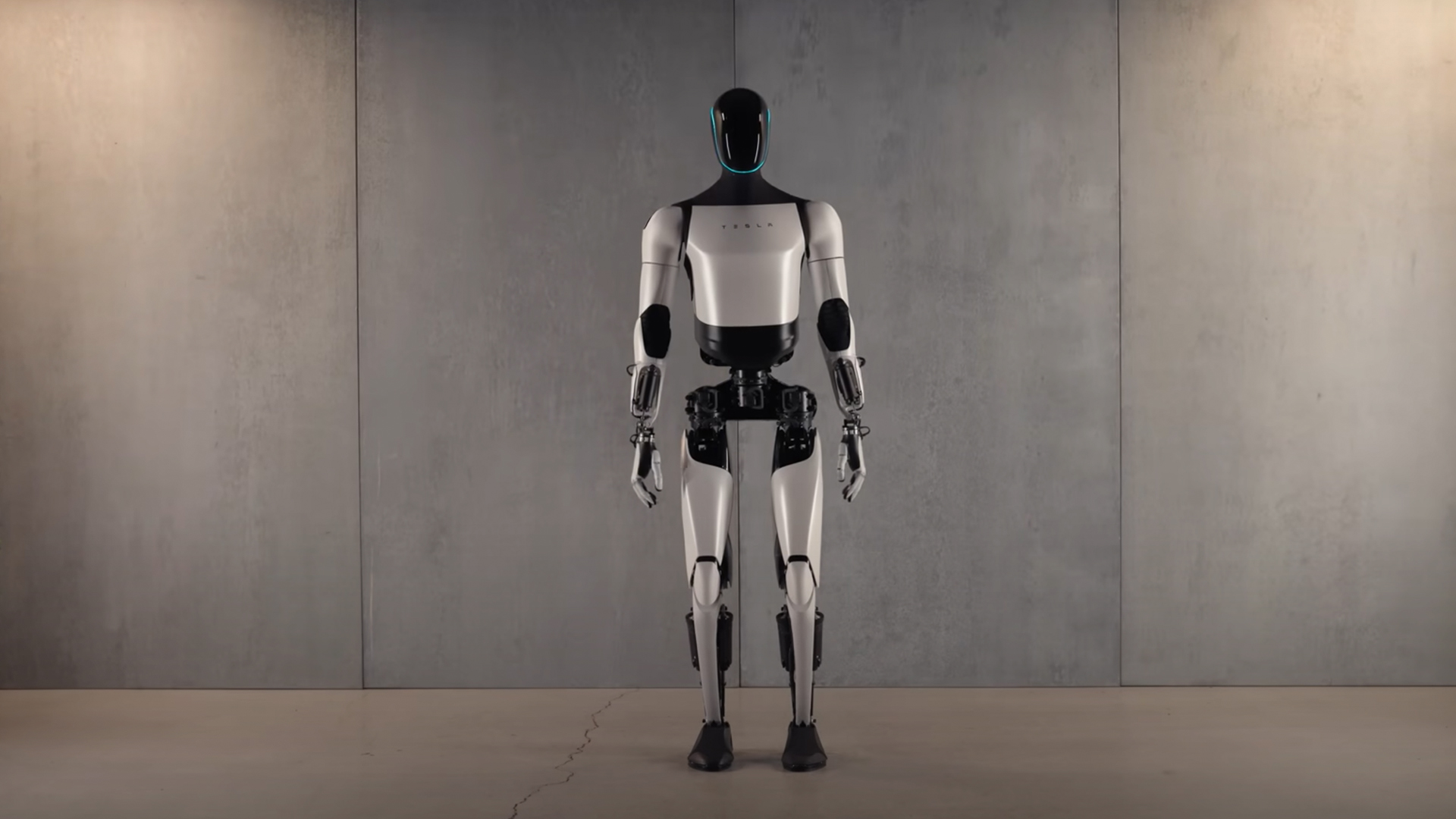
Tesla's humanoid robot that is able to carry out repetitive or dangerous tasks was destined for production and general sale for 2025, but this project has, like so many in the Tesla book, been pushed back.
Musk revealed that the second generation of its Optimus robot would go into “low production for Tesla internal use next year” and likely won’t be offered to external companies in a mass produced state until 2026.
So fret not, robot aren’t coming for you jobs just yet.
4. Tesla Roadster
- Likelihood rating: 2/5
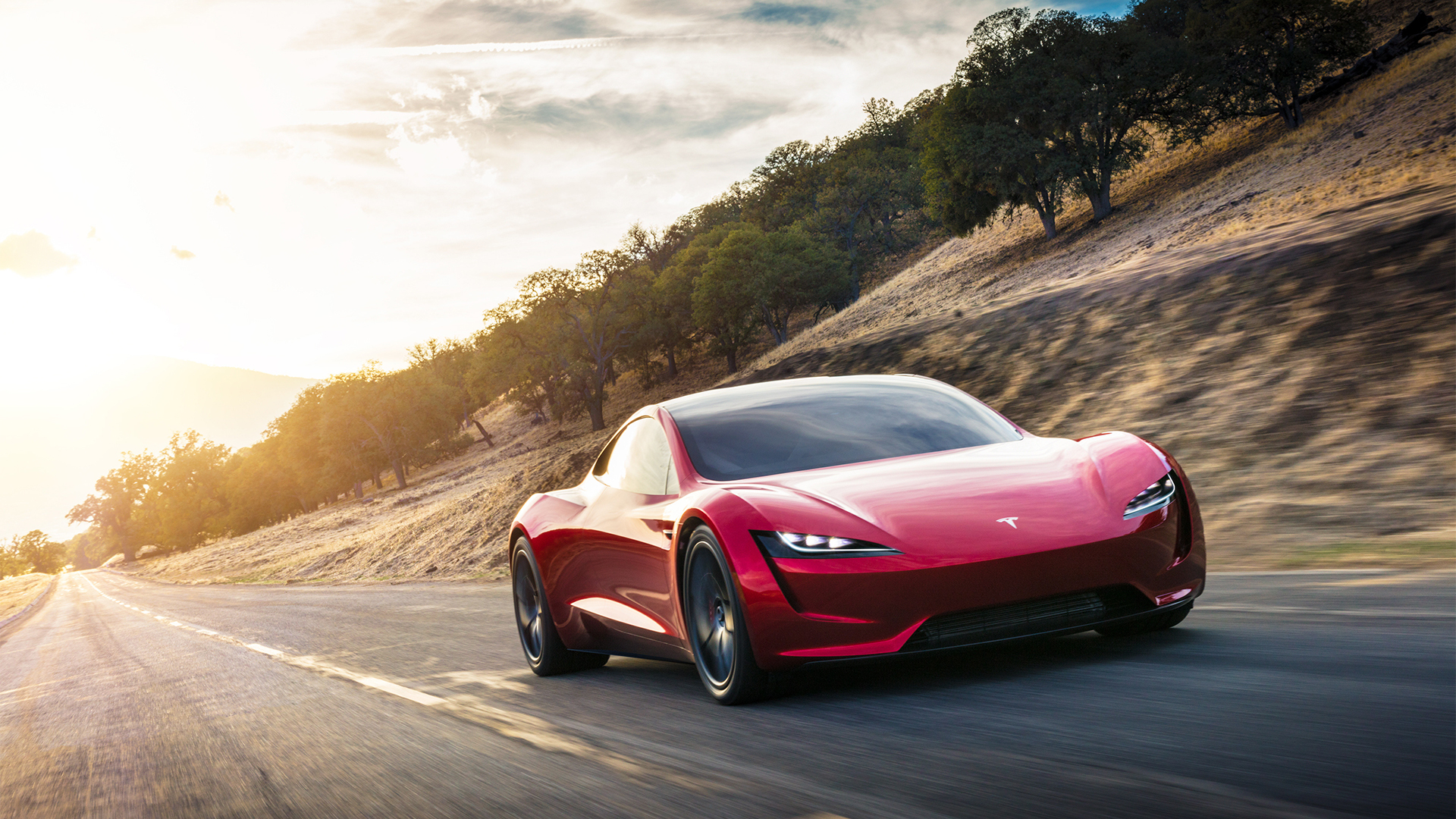
The next generation Roadster was revealed back in 2017 and we are still waiting with bated breath for a proper update on the project. Alas, Musk reiterated that it would go "into production" next year during the recent earnings call, which is surprising given that it has been delayed every year since its initial unveil.
Elon has previously boasted about its sub 2-second 0-60mph sprint time, it’s 250+mph top speed and the fact that rocket thrusters could even see it fly for short periods of time, but we haven't even seen one do laps of a parking lot yet, so take all that with a pinch of salt.
3. Affordable EVs
- Likelihood rating: 3/5
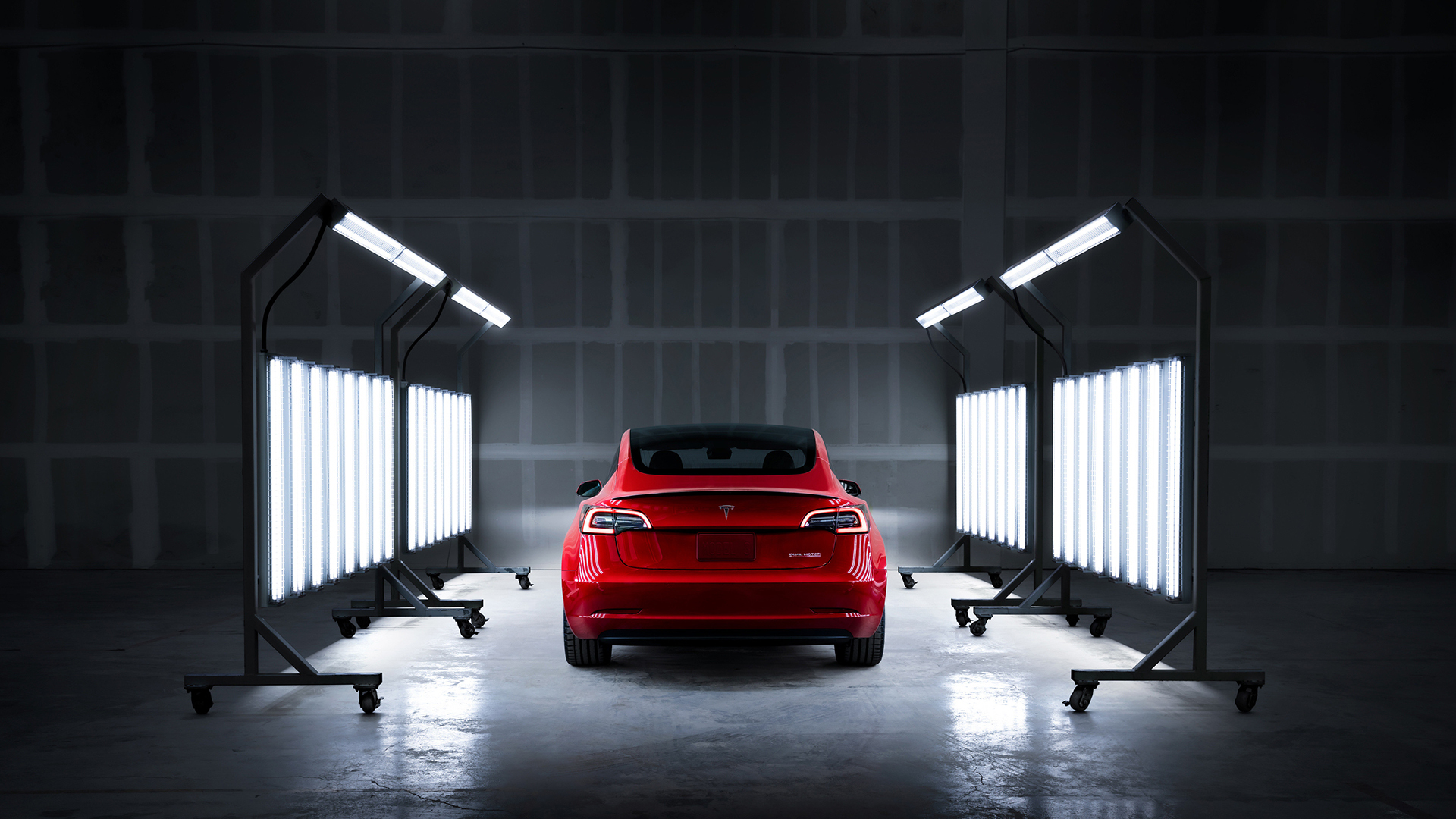
The news media went wild when it caught wind of a sub-$25,000 Tesla on the horizon, suggesting that a Model 2 could prop up the range and provide an all-electric alternative for mass EV adoption.
However, Musk subsequently shelved plans to introduce a new “unboxed” manufacturing process, which he said would reduce production costs that could then be passed on to the consumer – a key point for any affordable EV.
The company then confirmed that Robotaxi will be the only vehicle due to ride on an all-new platform, suggesting nay hint of a Model 2 is dead in the water.
Despite this, Musk said that "more affordable models remain on track for start of production in the first half of 2025" during the earnings call. Whether that means cheaper versions of existing models or an all-new badge is yet to be seen.
2. Robotaxis
- Likelihood rating: 3/5
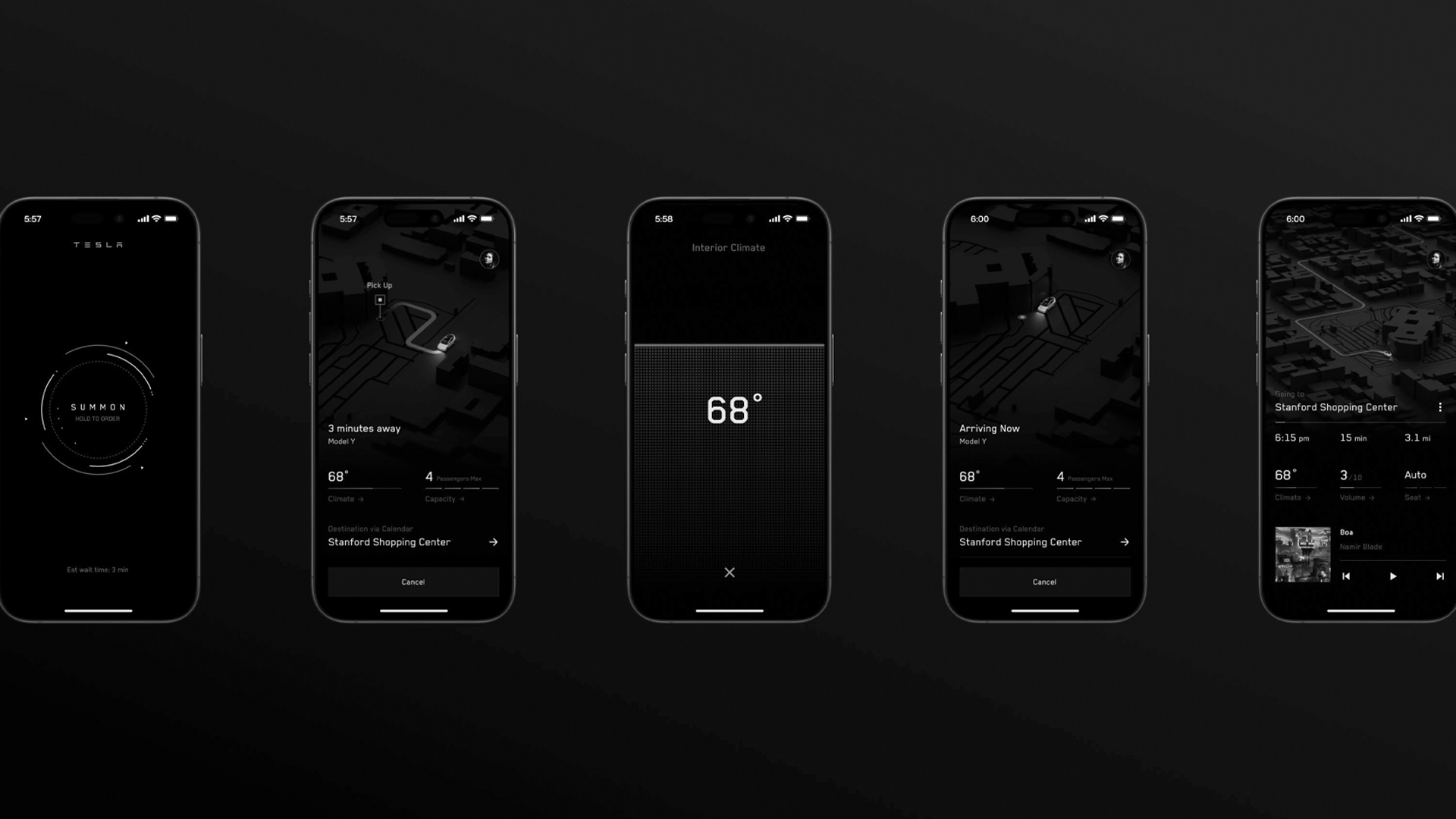
The first unveiling of Tesla’s Robotaxi has already been delayed, and the company’s hype man confirmed that we won’t be seeing the project in the flesh until October this year. But even that date could be up for negotiation.
During the earnings call, Musk was characteristically vague about specific timelines and wouldn’t be pinned down on when we will actually be able to see it in action, stating that the company will be able to give its first rides "when [we can] do unsupervised full self-driving," which we’ve already learnt won’t be until next year… or the year after that… or the year after that.
We're anticipating seeing a Robotaxi concept next year certainly, hence the three-star likelihood rating, but a fully working network could still be a long way off.
1. Tesla Semi
- Likelihood rating: 4/5
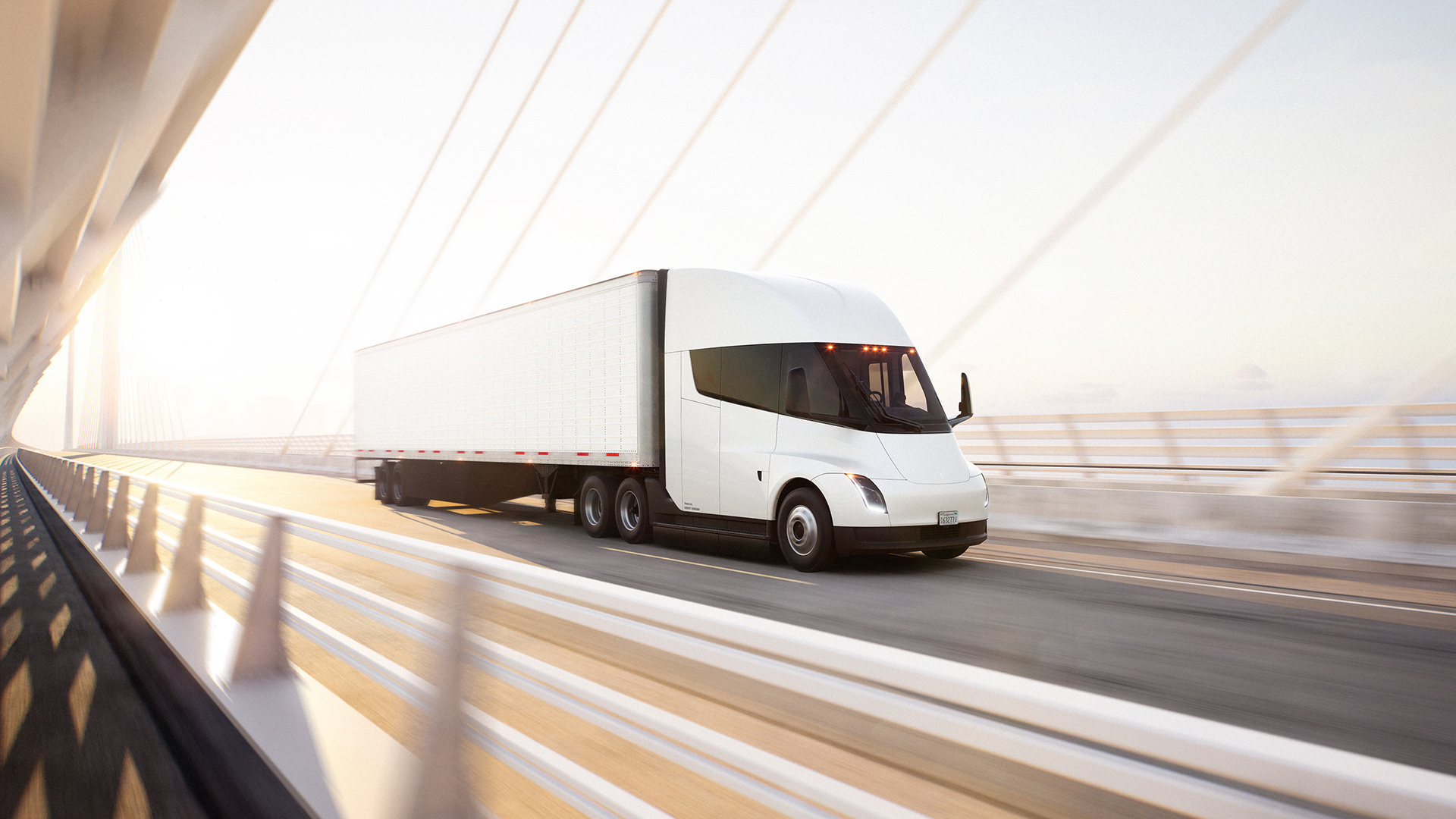
Tesla has been testing and refining its big electric 18-wheeler for some time now, officially handing over one of the first models to PepsiCo back in 2022. But the company has been eerily quiet about how many it has produced or sold since then.
In a recent interview with Bloomberg, Daimler Truck CEO Martin Daum claimed that his company sold 15 electric rigs for every one Tesla managed to sell. He went on to explain that the EV company lacked the scale, product portfolio and service network required to truly compete.
But during the earnings call, Musk said the Semi was on track to "begin production" by the end of 2025, suggesting those models that have found homes are still pre-production units.
Following a $3.6billion investment in its factory in Nevada, Tesla looks poised to begin pushing the project in earnest next year.
You might also like

Leon has been navigating a world where automotive and tech collide for almost 20 years, reporting on everything from in-car entertainment to robotised manufacturing plants. Currently, EVs are the focus of his attentions, but give it a few years and it will be electric vertical take-off and landing craft. Outside of work hours, he can be found tinkering with distinctly analogue motorcycles, because electric motors are no replacement for an old Honda inline four.